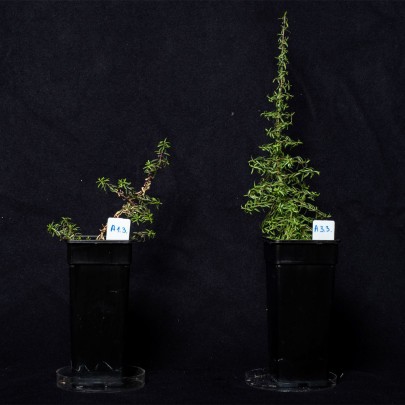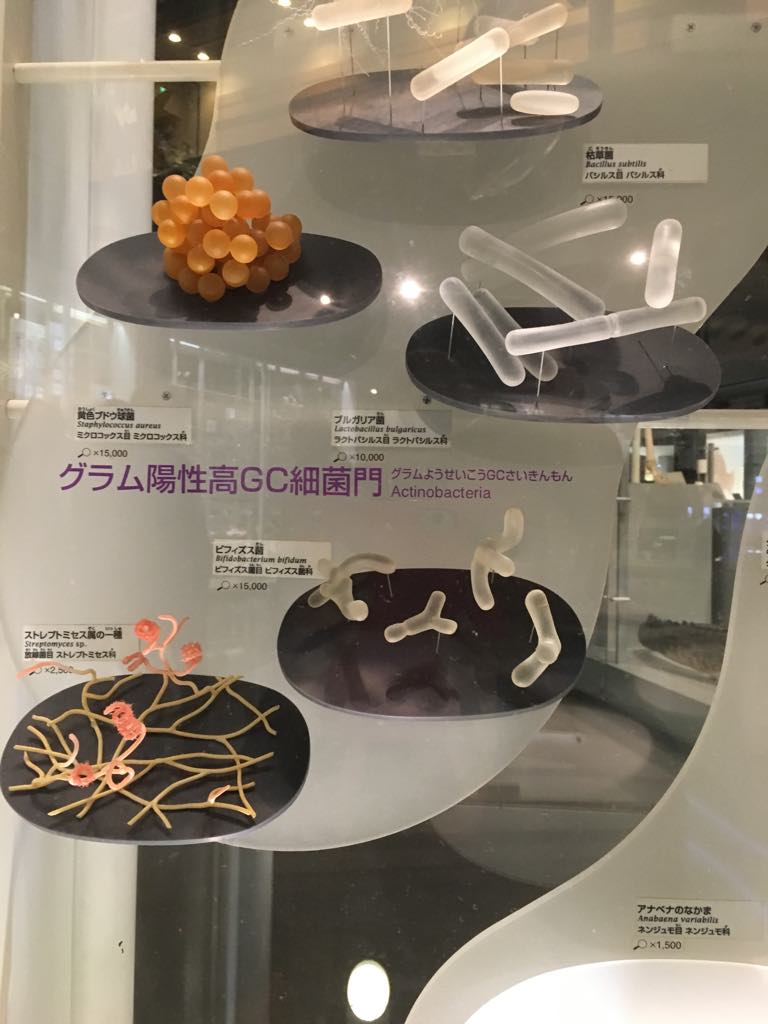Can soil microbes help plants grow in a warmer climate?
In this section

Manuka in Familiar soil under warming treatment (left) and control (right)
Well, yes and no. It depends on how you look at it. Having a diverse microbial community in soil certainly helps plants in general, be it with germination, growth, or health. We also know that microbes are helpful when the air gets slightly heated, but only just, as microbes (as tiny and invisible as they are) still have their limits! Microbes might appear as one big mush of bacteria and microscopic fungi residing somewhere in soil, but the composition of their communities differs between different areas of land, as nothing is ever uniform in biology.
For instance, your garden patch with spring onions and kale will have a very different set of microbes beneath the surface compared with your front lawn near the sidewalk. So, the question is – would your onions grow just as well if you planted them near the road? Your gardening experience might warn you against such an experiment, but scientists will test anything! Given that MWLR is an organisation that cares a lot about natural environments, the ‘onions’ in question are actually mānuka.
It turns out that mānuka doesn't really care too much about where it grows. In our study, the mānuka was oblivious to the fact we stuck its seeds in soil from a dirty carpark. It may well be that a cosy and draft-free (and shall we say traffic-free) incubator environment might have outweighed any disadvantages of the unfamiliar soil. But it seems that mānuka’s default position on microbes is that ‘any will do’. A very carefree attitude from our lovely native flora for once!
For now, we found plenty of Actinobacteria, Proteobacteria and Firmicutes – as seen in the hugely enlarged 3D glass models pictured below. We hope that among them, we can find bacteria that will help mānuka survive in warmer climates.
In our desperate search for helpful bacteria, the poor mānuka plants got to experience some very tropical temperatures. So another (and frankly - quite obvious) result is that cooked plants don’t grow and microbes can’t help here at all (we tested that too!).
From your curious GEM lab scientists.

Actinobacteria (Images from the National Museum of Nature and Science, Tokyo, Japan)
(Manuscript in preparation)
Key contacts


